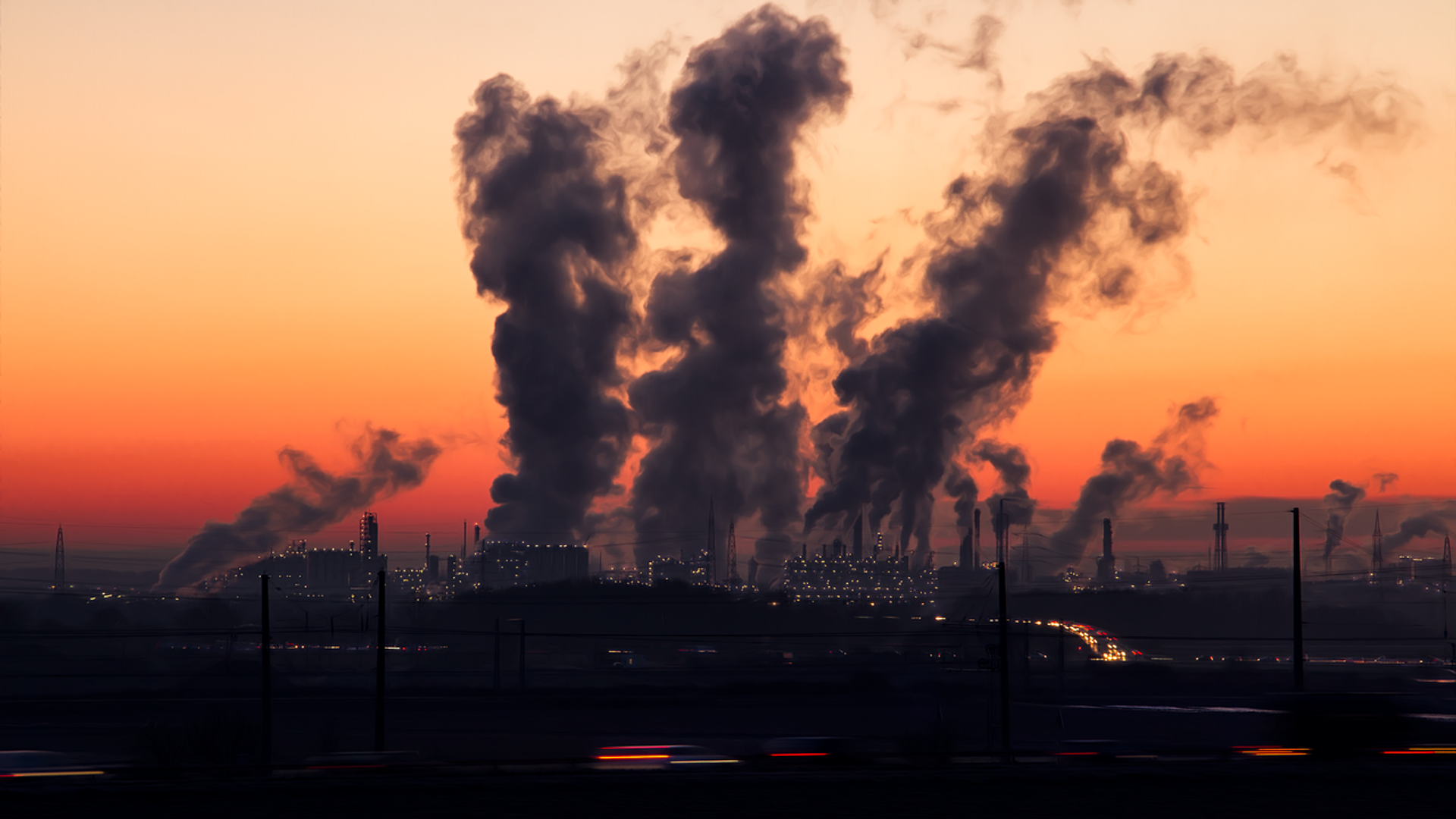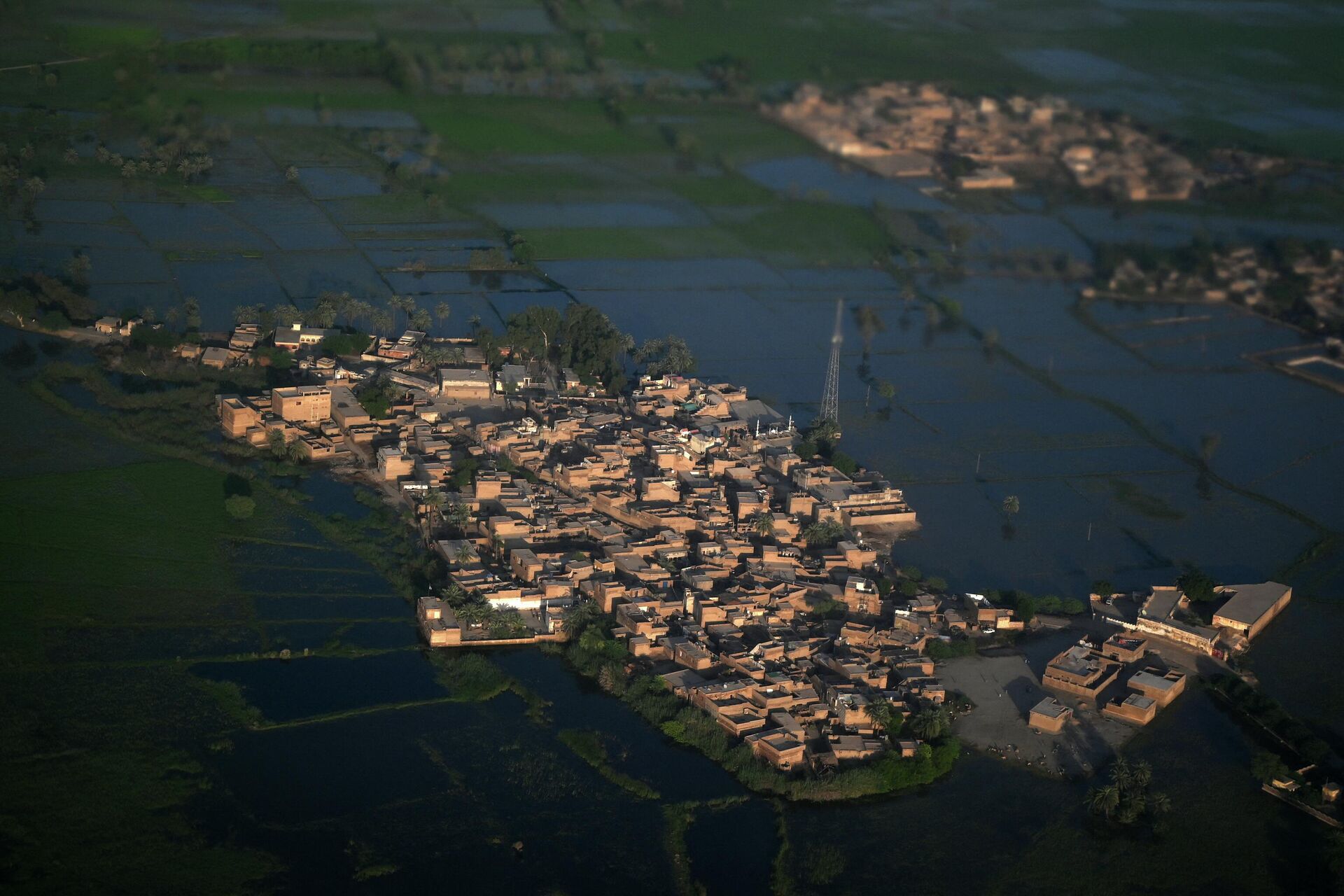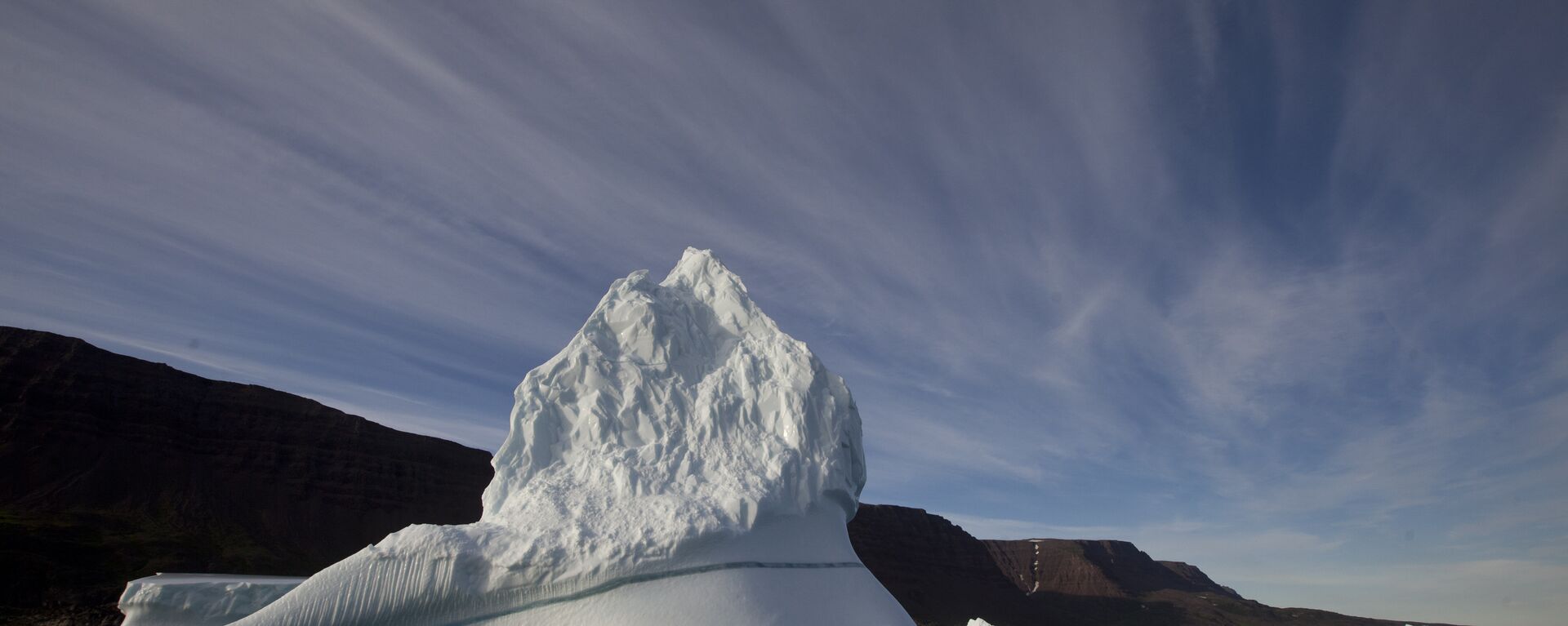Least Developed Countries Group to Press for Fund for Global Warming Compensation at COP27
20:46 GMT 16.09.2022 (Updated: 11:36 GMT 23.11.2022)

CC0 / /
Subscribe
Ahead of the UN World Climate Conference (COP27) in November, a group of poorer nations has joined together to demand that richer nations, many of which industrialized by colonizing them, form a fund to help them pay for the destruction caused by greenhouse gas emissions.
At a summit in Dakar, Senegal, ministers and experts from the Least Developed Countries (LDC) Group adopted a common position ahead of the COP27 conference scheduled for November at the Egyptian city of Sharm el-Sheikh in South Sinai. The group includes 45 nations, mostly from equatorial Africa and Asia, but also Afghanistan and Haiti, and represents some 880 million people, or 12% of humanity.
The final declaration of the meeting expresses "the crucial importance of setting up a financing mechanism to deal with loss and damage."
Their joint statement notes "the crucial importance of setting up a financing mechanism to deal with loss and damage" and calls on "all parties, especially major emitters, to urgently and significantly reduce (their) greenhouse gas emissions" while urging rich countries to honor their promises to take action on climate change.
"Events such as flooding, coastal erosion, unseasonal rainfall ... when these events occur unpredictably and with sometimes extremely high intensities, countries are left to fend for themselves," Senegalese Environment Minister Abdou Karim Sall told reporters in Dakar. "It has become imperative that a fund be set up to cover losses and damage, particularly in the least developed countries.”
Last week, another meeting of two dozen African nations in Cairo arrived at a similar conclusion, urging “developed countries to fulfill their pledges in relation to climate and development finance, and deliver on their commitments to double adaptation finance, in particular to Africa.”
It has become increasingly common to link the poverty of the Third World, the affluence of the First World, and the accelerating climate change caused by industrial pollution, and thus to link the efforts to mitigate climate change effects with a greater struggle for justice.
A July study by climate scientists at Dartmouth College in New Hampshire found that through two centuries of industrialization built upon the burning of fossil fuels like coal, petroleum, and natural gas, the United States is responsible for roughly $1.9 trillion of damages caused by weather that was worsened due to climate change. Last week, Pakistan’s climate minister, Sherry Rehman, pointed the finger directly at global corporations for the catastrophic flooding that has killed more than 1,300 Pakistanis in recent weeks.

This aerial photograph shows a flooded area on the outskirts of Sukkur, Sindh province, on September 9, 2022
© AFP 2023 / AAMIR QURESHI
According to UN statistics, Africa has produced just 3% of global carbon emissions, yet African nations are among those most exposed to the effects of climate change.
“The world has a fever. It burns hotter and higher with every day that passes,” Moon recently said. “Statistics tell us that Africa is where the fever is at its most intense and people at the most vulnerable.”
However, there is tension around the issues of economic development and climate change among developing nations, too. At the Dakar conference, US President Joe Biden’s climate envoy, John Kerry, pressed African nations to do their share to combat climate change, even while acknowledging that 20 nations are responsible for 80% of the world’s emissions, and none of them are African.
"But others, despite what the science is saying, hold back, saying, pointing the finger elsewhere, ‘You guys create it, you guys have to cure it,’” Kerry said at the conference. “Well guess what, folks? Mother Nature does not measure where the emissions come from. They don't have a label of one country or another on them. They are from all of the choices we make about how we move our vehicles, how we heat our homes, how we light our businesses.”
In response, Eve Bazaiba, the deputy prime minister and environmental minister for the Democratic Republic of the Congo, called it “inconceivable” that the West, which "has built its industry on fossil fuels,” would ask them to give up hydrocarbon exploration. Delegates from host nation Senegal similarly rejected Kerry’s overtures.
"We must also fight poverty, we must link the issue of environmental protection to the economy to achieve sustainable development," Bazaiba said.
At a global climate summit in April 2021, dozens of nations, including industrial powers, pledged steep cuts to their carbon emissions in the coming decades, with the aim of reaching “carbon neutrality.”
Without action to halt climate change, greenhouse gasses will continue to drive the Earth’s surface temperature higher, destabilizing the weather systems that make agriculture and aquaculture possible, and even more dangerously, causing glaciers and the polar ice caps to melt, which will cause the world’s seas to rise. By some estimates, at least 410 million people live in areas threatened by rising ocean levels, living in regions that would be reclaimed by the sea if global sea levels rose by one meter, as they are projected to do by the year 2100.


